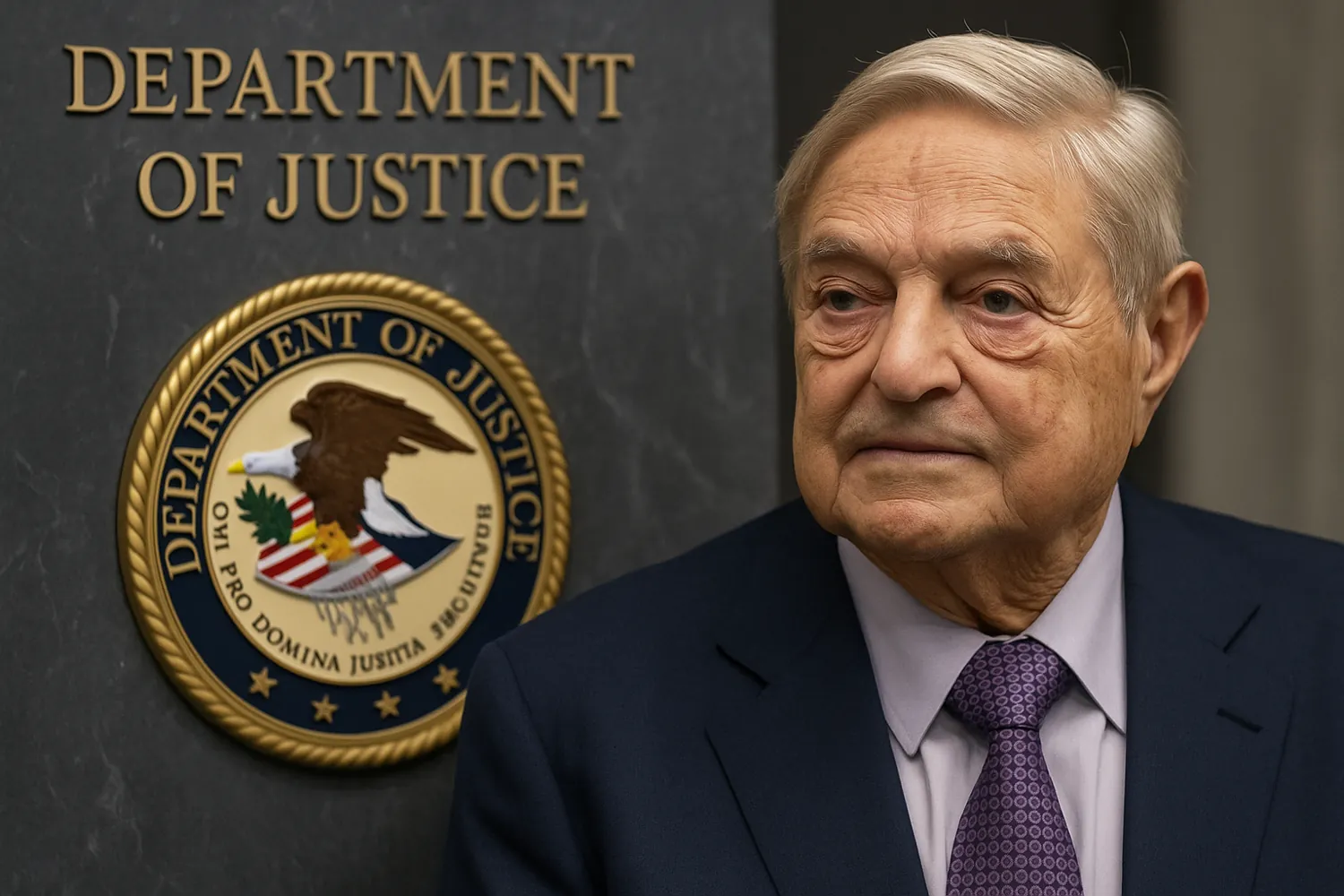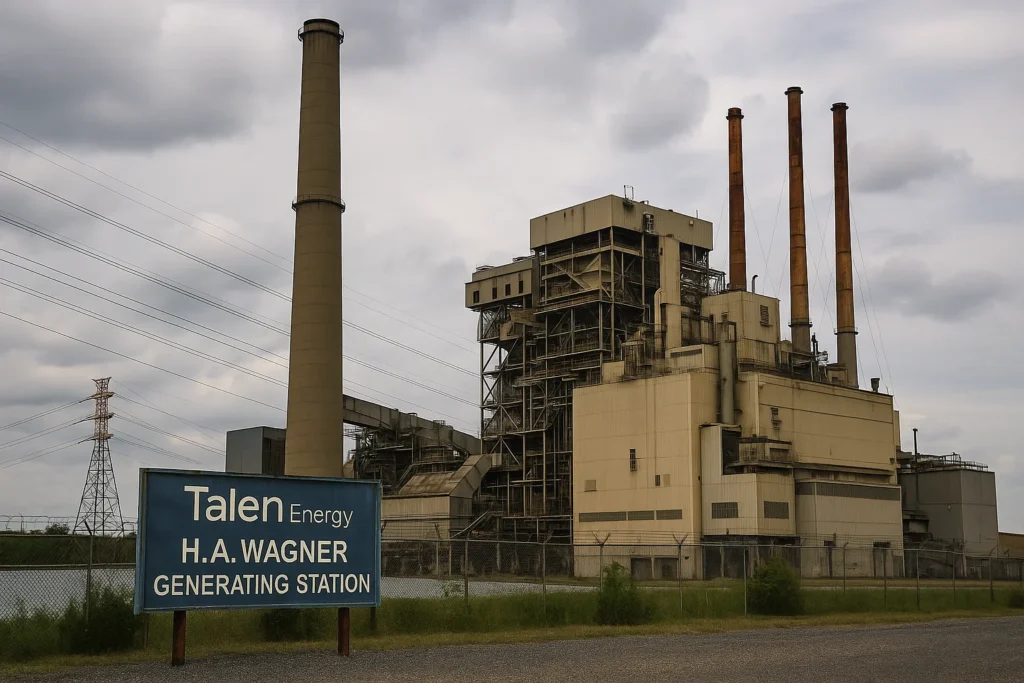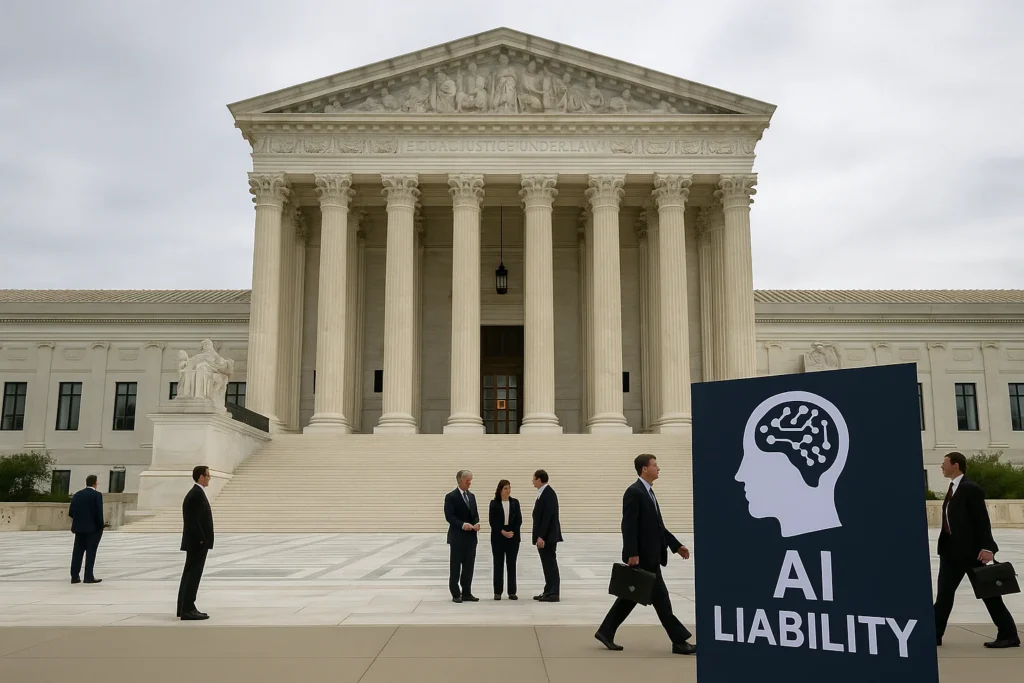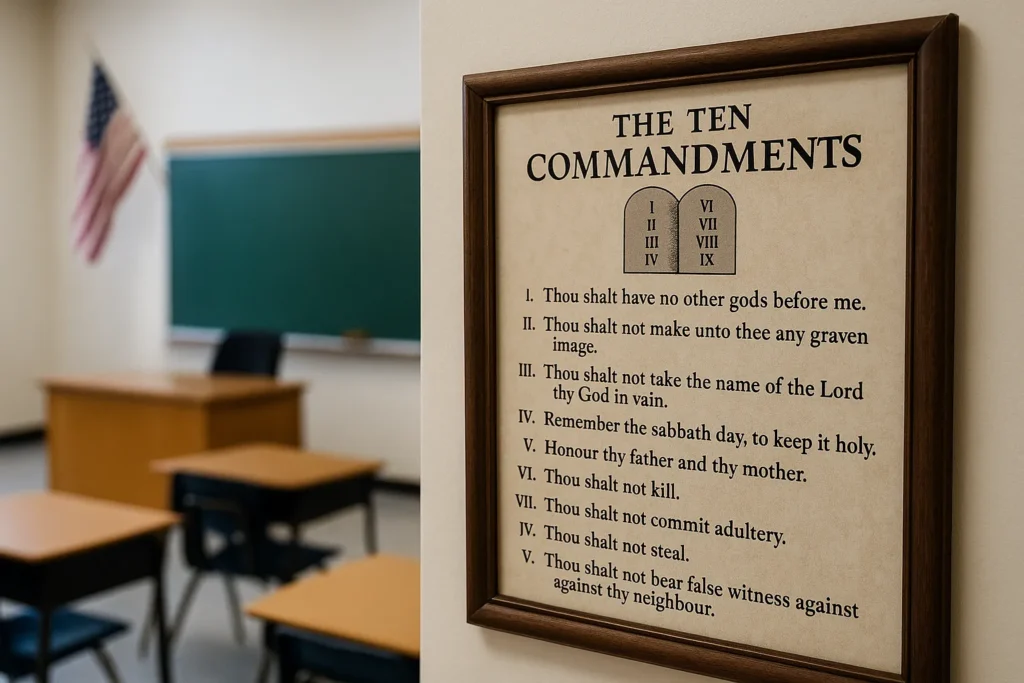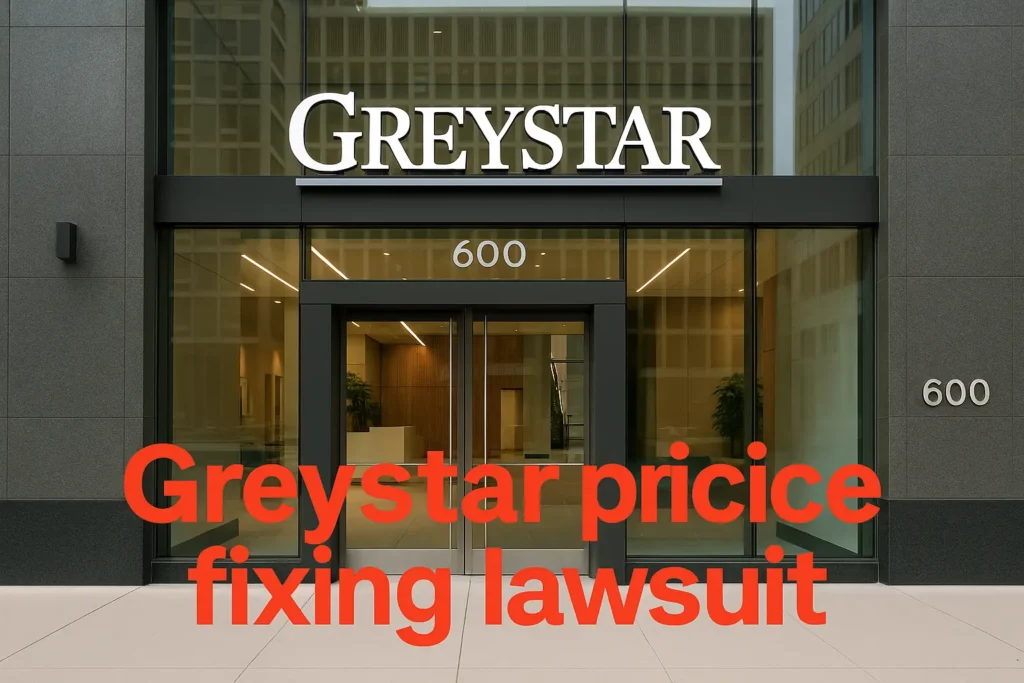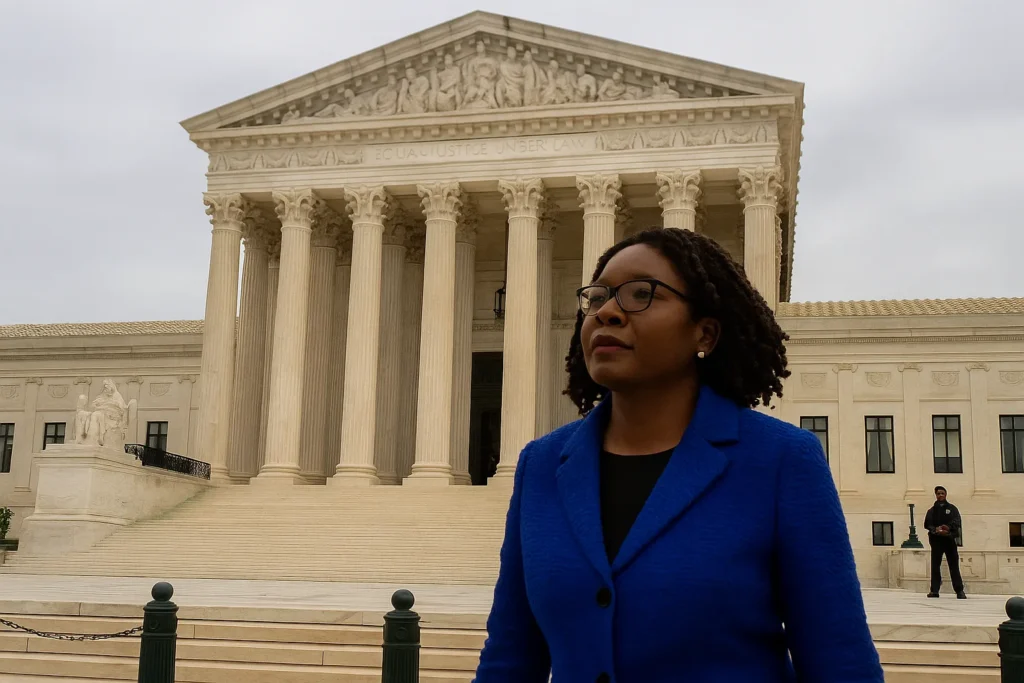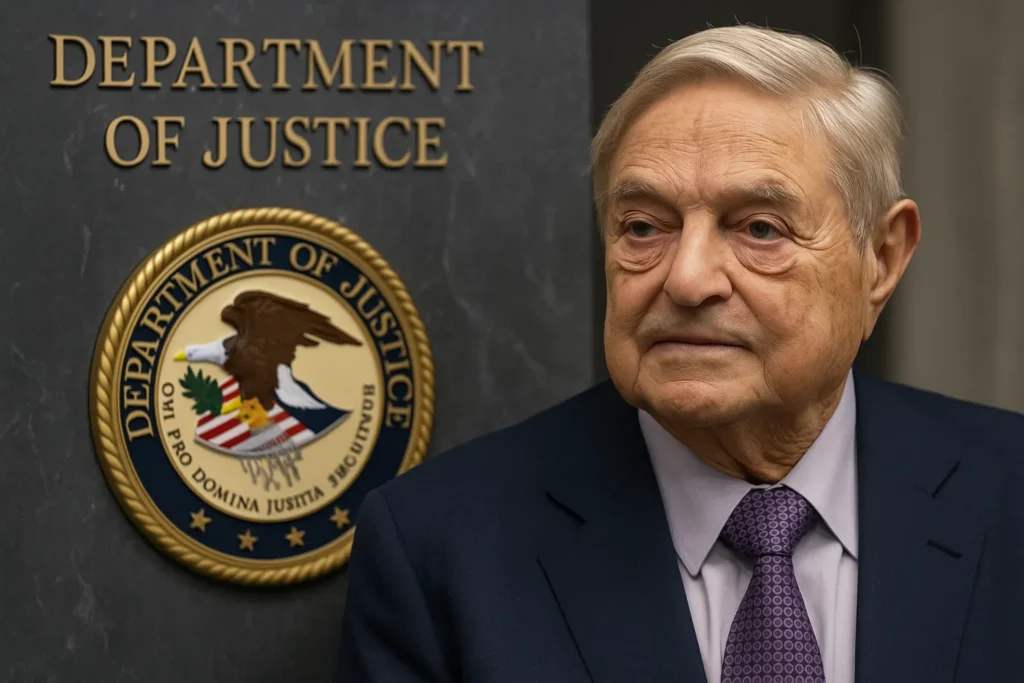The Justice Department Soros investigation has exploded into the headlines with accusations of financial misconduct, extremist links, and shadowy political networks. Yet behind the dramatic language, one question looms: is this a genuine pursuit of justice, or a politically orchestrated vendetta against one of the most controversial philanthropists in the world?
Context: the case against Soros
On September 25, the U.S. Department of Justice confirmed it was reviewing allegations tied to George Soros’s Open Society Foundations (OSF). Officials hinted at possible links to extremist financing, fraud, and money laundering. Conservative media amplified the story, framing Soros as the architect of chaos from Eastern Europe to American universities.
Reuters reported that OSF rejected the claims as “politically motivated attacks aimed at silencing criticism.” The Washington Post echoed this view, noting that no hard evidence had yet been made public. Still, Attorney General allies within the administration have promoted the idea that “foreign-funded radicalism” has poisoned U.S. politics.
In short: a wealthy philanthropist with undeniable global influence now faces the full machinery of federal law enforcement.
Oppositional Argument: when justice smells like politics
Let’s be blunt: the Justice Department Soros investigation reeks of selective prosecution. When billionaires aligned with conservative interests bankroll dark money groups, voter suppression campaigns, or disinformation outlets, they rarely face subpoenas. But Soros, long the bogeyman of the right, suddenly becomes the face of “foreign influence.”
If OSF were funding actual terrorism, why did no such evidence surface earlier? The timing, just as Trump ramps up his 2026 re-election narrative, is suspicious. This is less about law and more about headlines—weaponizing the DOJ to paint political enemies as national security threats.
The U.S. has been here before. From McCarthy’s Red Scare in the 1950s to the FBI’s COINTELPRO harassment of activists, the state has a long history of conflating dissent with extremism. The Soros probe fits that ugly pattern.
Analytical Breakdown: consequences of the investigation
- Civil Society under siege If the DOJ can investigate Soros-backed organizations on vague grounds, any foundation critical of government policy is at risk. Today it is OSF, tomorrow it could be the Ford Foundation or any NGO supporting refugees, climate activism, or voting rights.
- The chilling effect Nonprofits, journalists, and activists may self-censor, fearing government scrutiny. Free speech shrinks not because of formal censorship, but because of fear.
- International signal Autocrats in Hungary, Russia, and beyond have demonized Soros for years, expelling his organizations. A U.S. investigation validates their propaganda: “Even America admits Soros is a criminal.” Washington loses its moral authority when it imitates Orbán’s Hungary.
- Legal fragility Unless the DOJ produces concrete evidence, the case will collapse in court. That collapse, however, may come too late—the reputational damage will already be done.
Human Perspective: who pays the price?
The true victims are not Soros or his billionaire fortune. They are the communities supported by OSF grants: civil rights groups, minority advocacy organizations, independent journalists. These groups operate on thin budgets, and the shadow of federal investigation can scare donors, freeze bank accounts, and cripple operations.
A New York-based activist put it starkly: “If they can paint Soros as a terrorist funder, what chance do we have as a local NGO? We’ll be next.”
Inside OSF, employees describe an atmosphere of fear. According to one insider, staff received instructions to prepare for subpoenas and preserve all communications. “It feels like a political raid dressed in legal clothing,” they said.
Counterarguments
Supporters of the probe argue that no individual, no matter how wealthy, should be above the law. They claim OSF’s global footprint makes it vulnerable to exploitation by extremists.
But here lies the flaw: suspicion is not evidence. Without transparent charges, the investigation resembles harassment, not accountability. True rule of law requires consistency. Where are the probes into Koch-funded networks or Saudi-backed lobbying groups that openly distort U.S. policy? Selectivity reveals motive.
Conclusion: democracy on trial
The Justice Department Soros investigation is more than a legal case—it is a test of America’s commitment to fairness. If the DOJ acts on political orders, democracy becomes a stage set, justice a prop, and law a weapon.
The real danger is not that Soros will be toppled, but that civil society will be terrorized into silence. America must ask: do we want a democracy where philanthropists and NGOs operate under the rule of law—or under the shadow of political vendetta?
The answer will define whether this is a republic of laws, or simply a republic of enemies and allies.
External Links
36 views
